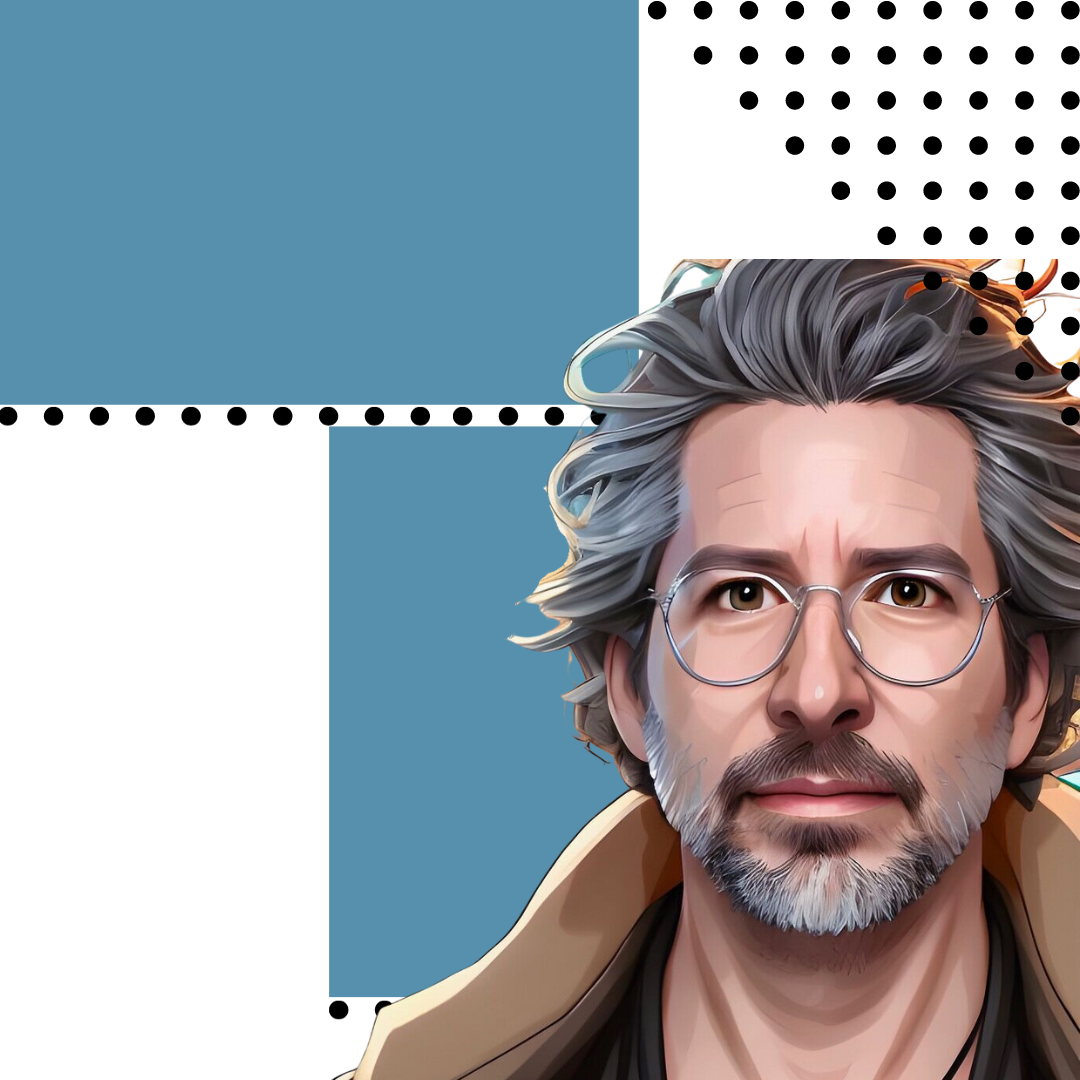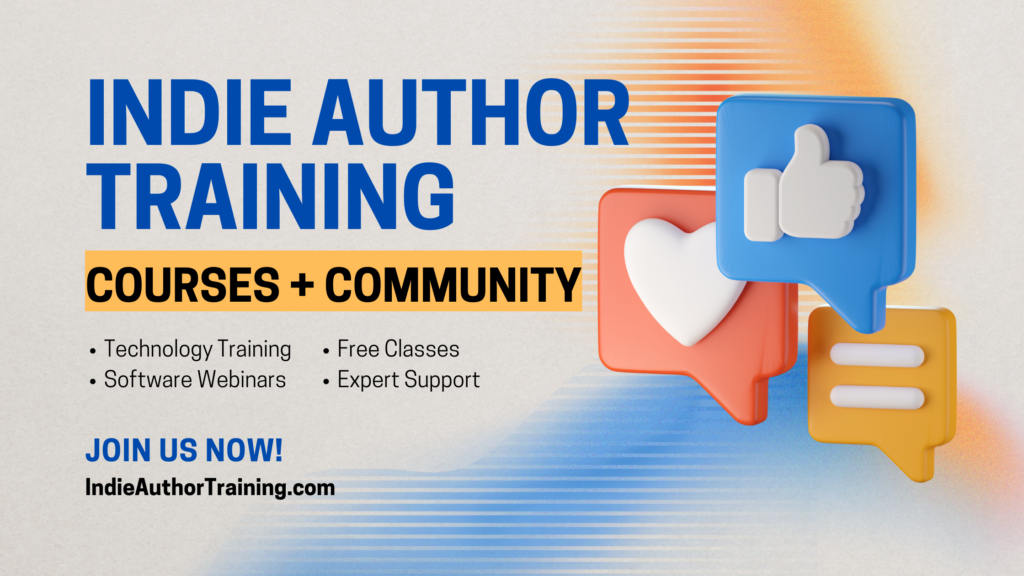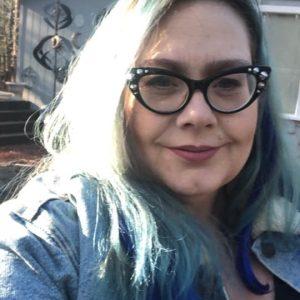Indie Author Magazine: How will the strategy of publishing wide play a part in the future of the industry?
Kevin McLaughlin: Non-Amazon ebook retailers have been losing market share slowly for the past decade; I don’t see that reversing. However, other forms of selling books are beginning to boom. I’m talking about subscriptions, Kickstarter, and direct sales, of course. I see these sorts of things as “the new wide!”
Indie Author Magazine: Do you anticipate that the definition of wide will ever evolve to mean more? If so, where do you see authors going?
Kevin McLaughlin: I sorta answered this in the last question! I think that wide is going to grow to be much more than ‘non-Amazon retailers.’ In fact, I am myself working to become a wide author who’s still in KU – but my ‘wide’ is subscriptions and Kickstarters, instead of Apple and Kobo.
Indie Author Magazine: On an individual level, direct publishing can equate to greater control over titles, greater royalties, and a closer relationship with readers. What will the trend of authors publishing direct mean for the industry as a whole?
Kevin McLaughlin: Most sales are still going to be made on the big sites, which means that’s where *most* book revenue will continue to be generated. But there’s room for even a casual author to set up a fairly self-sustaining website with sales hookups. It might start off very slowly, but there’s room for this to grow. I don’t think it will impact the industry as a whole all that much – in that most sales will continue to be on major retailers. But it’s a good additional market.
Indie Author Magazine: With AI being such a hot-button, divisive topic now, what role(s)—if any—do you think it will play in the indie publishing world in five years’ time?
Kevin McLaughlin: In five years, virtually all the covers will use at least some elements of generative art with Photoshop, you know, having that baked in, I think more and more artists are gonna begin using it. In terms of other uses, honestly, I’m not sure. I think we’re going to see a divergence here. Two sets of authors. One group focusing very, very hard on producing a whole bunch of content that’s just good enough. And on the other end of the spectrum, another group of authors who is working to produce the best, most flawlessly targeted best written to market, best focused on what exactly what the audience wants, literature that they can produce. And I don’t think that there’s room for those two streams to cross all that well. I think that those are going to be very divergent to point of view and types of writing businesses. All that said, there’s no reason why we can’t use AI in both of them. It’s just a matter of how it’s being used.
Indie Author Magazine: How important is technology to one’s success as an indie author and to the industry as a whole?
Kevin McLaughlin: Interestingly, because I love technology, I’m gonna have to say that it’s not especially crucial to one success as an indie author and to the industry as a whole. I mean, to some degree, the industry as a whole has been massively impact it by it. So every wave of new technology crashes into publishing and we see these massive changes. We thought when pulp hit. We saw it, you know, when I don’t know. The distribution chains collapse. We saw it with the ebooks. You know, we’re seeing it with AI, etcetera. But these things all change the business. They don’t matter. They’re not important to not vital or central to the business. We’d go back one hundred years and people were still selling books. Two hundred years ago, people were still selling books. Three hundred years ago people were still selling books. The newer technologies change how we do it, but they don’t change what we do. I would say at the core, what’s most important is the creative spark that’s inside of the individual. The thing that makes them want to write and want to tell stories. Technology is a tool we use or don’t use some people write with a pen and pencil, a pen and pencil on paper. And honestly, none of those methods are wrong. Just use what works for you.
Indie Author Magazine: What does transmedia mean for an author’s business? Will indie authors ever need to be more than just “writers” to survive in the industry?
Kevin McLaughlin: As new tools make it easier for us to do Transmedia, it’s going to become increasingly important for us to look into that sort of thing. It’s not like it’s not like it’s gonna be essential don’t think there’s really very much that’s essential for a writer to do except right stories. But I think it’ll certainly there will certainly be a lot of opportunities for doing things like making our own movies, making our own soundtracks, Mallory Cooper has a soundtrack for her universe. That’s that’s amazing. That’s really cool. It’s up on Apple Music. You can actually listen to it. It’s pretty neat. You know, like things like that, boy, there are so many different opportunities out there for us to explore. And as the technology makes this stuff more and more accessible, it’s it’s just going to it’s just gonna explode, I think.
Indie Author Magazine: What can authors do now to build community with their readers and within the industry?
Kevin McLaughlin: Stop digital sharecropping. We I threads came out this past week and I watched A zillion authors go gaga over basically Twitter Lite without most of the features that make Twitter interested, which with admittedly, much less annoying people than Twitter, but it’s just another social media place. It’s just somebody else’s land that you’re attending. And while it’s a tactic that might work, it’s not a strategy to base a career on. Like we’ve seen. I mean, the people who built their careers around Twitter are are, like, in trouble right now because Twitter’s collapsing. So they need to switch, and they need to move everything over, and they need to change everything around. Community is best when it’s something that you control as directly as possible. That means you need the email addresses of the community and you need the payment information of the community. And if you don’t have those two things, then you don’t actually own your community. Somebody else does.
Indie Author Magazine: Why does community matter in the future of indie publishing?
Kevin McLaughlin: So like I said earlier under the AI section, I see a splitting trail in the woods, essentially. One path is going to be producing lots of just good enough content. And, I mean, you know, like Michael Bay movies. You know, like, everybody loves them. Everybody goes to see them. They almost always make money, but they’re not great art. So they’re good enough that they really work and they sell, but they’re not they’re not they’re not award winning, generally speaking. You’re not something that people remember and then go watch over and over and over again. The other path is to aim for the other thing instead, to aim to be the sort of person that people look at look at Brandon standards. He wrote four books. He didn’t tell anybody what they were. He put them up on a Kickstarter without telling anybody what the books were about or anything. And he got tens of millions of dollars worth of pledges for that Kickstarter. That’s amazing. And those fans trusted him so much. They just knew that his stories were always great. We’re always something that they loved. And so they were just willing to put down their money financing. Yep. Four bucks. I’m sold, it doesn’t matter what they’re about. And that kind of writer has a definite place in this world too. And that kind of writer is gonna be the one I think who focuses more around community. Because the community building aspect of of of having people to really love something. It has it makes a big difference. And the other path is totally viable too. The people who just like your stuff and buy it and go see movie or or whatever, you know, the people who you just like your stuff, maybe don’t love it enough to build a community around it. Both methods are viable. And it’s up to us to decide what kind of career we want.






